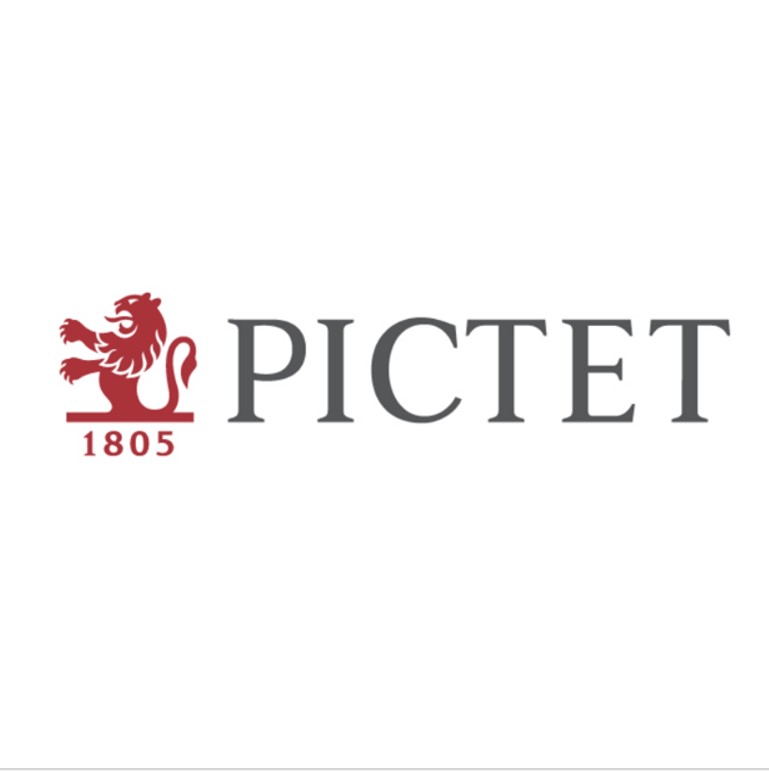Investment Strategies
Pictet AM Favours US, UK Equities In 2025

Luca Paolini, chief strategist at Geneva-headquartered Pictet Asset Management, and Arun Sai, senior multi asset strategist, share their insights on the investment landscape in 2025.
Luca Paolini and Arun Sai at Pictet Asset Management are quite optimistic about the equity market in 2025, favouring US and UK equities in particular, and seeing the UK as something of “a wild card.”
“We prefer US equities due to strong earnings and “Trumponomics,” they said at a media event in London yesterday. Although they still have a neutral position on UK equities, they see value in them, believing that the UK is the place to be over the next 12 months. “UK equities are cheap, they have good energy exposure and are strong on defensives,” Paolini said. Banks, utilities, communication services and small caps should outperform, whilst value stocks should stabilise. “UK equities are one of “the wild cards” for 2025. There is a case for the UK to outperform, along with the US,” Sai added.
“The UK is also less exposed to tariff hike risks than Europe which has a big manufacturing base,” Paolini added. “Politically, Europe is also weak, with a total lack of leadership.”
“However, there is more value in European bonds,” Paolini said. "European and UK government bonds, short-term developed market corporate bonds and emerging markets bonds should all outperform. Government bond yields will be volatile, but investors will be rewarded with positive total returns.” Nevertheless, they have a relatively low allocation to bonds overall.
They also consider the yen to be an attractive major currency, although Paolini is not as confident about Japan as he used to be, saying that equities are not as cheap there anymore. He sees the Swiss franc as a safe haven and believes that the US dollar will peak after an overshoot. Meanwhile, the price of gold will continue to plateau.
Macroeconomic outlook
The asset manager believes that global growth for 2025 should
remain stable at 2.8 per cent. Inflation will continue to decline
slowly, although central banks in developed markets are unlikely
to hit their 2 per cent targets in the coming year.
US growth will decelerate from 2.7 per cent to 1.9 per cent, whereas the European Union, Japan and China should all stabilise or recover. However, although China is stabilising, Paolini doesn’t believe there is enough evidence to fully invest in China. “It is not the right time,” he said. “The European Union and China continue to disappoint,” he added.
The German elections in the first quarter of 2025 pose a potential inflection point for the European Union’s fiscal policy in the future. Economic growth is expected to slow in the first half of 2025 and re-accelerate to above-trend in the second half of 2025.
The implementation of Donald Trump's trade and tax policies will reinforce US exceptionalism, the firm continued.
The asset manager thinks that the breadth, rather than the size, of monetary easing will support risk assets in 2025. It forecasts that the US Federal Reserve rate will be cut to 4.25 per cent by end of 2025 (the consensus is around 3.75 to 4 per cent). It sees the European central bank cutting rates to 2 per cent or below (the consensus here is 1.75 to 2 per cent). The Fed should end quantitative easing in the first quarter of 2025.
Globally, bank lending standards are loosening and the demand for credit is rising. Private money creation is set to improve. Real money supply growth has turned positive in all major economies for the first time since 2022.
The G5’s excess liquidity is set to rise to 2.6 per cent in 2025, which is slightly positive for equity multiples.
Trumponomics
The asset manager’s assumption is that roughly 50 per cent of
what US president-elect Donald Trump proposed during the
election campaign will be implemented. The four key policy areas
to monitor are: trade, taxation, immigration and deregulation.
Their combined overall impact over the next four years should be
inflationary although tax cuts and deregulation will boost
sentiment and growth.
Overall, US gross domestic product will be 0.6 per cent lower and inflation 1.4 per cent higher relative to Pictet's baseline in four years’ time. All other things being equal, this should boost bond yields by about 75 basis points and lower the 12-month price to earnings ratio of the S&P 500 Index by around 15 per cent.
The firm highlighted that the market has so far only priced in “Good Trump,” namely deregulation and tax cuts. However, two big tail risks are underpriced: an all-out global trade war and a surge in bond yields due to concerns about the US deficit and/or the economy overheating. “The US has the worst budget deficit of all countries which will eventually have an impact, but not now,” Paolini said.
Paolini and Sai also believe that the UK can do well in a trade war while the US is insulated from one, as it has a big domestic market.